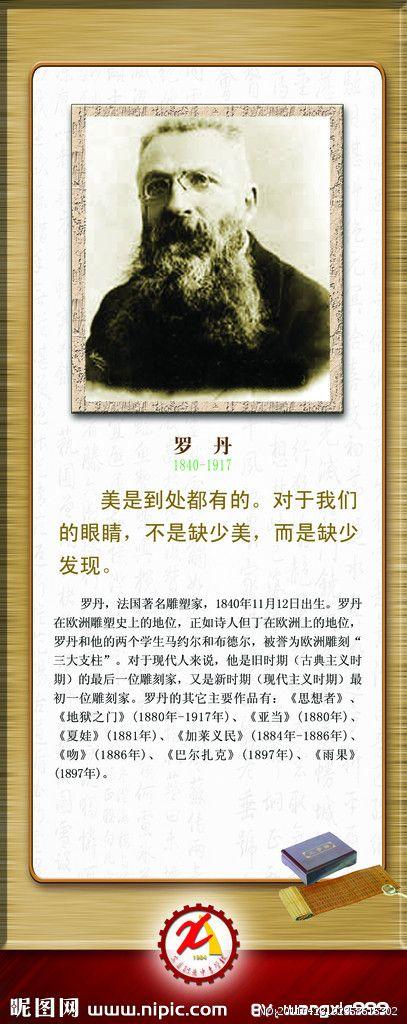2024年2月18日发(作者:财务工作总结报告)

徒步旅行Trekkingtrip英语作文
徒步旅行Trekking trip英语作文
the past ages of man have all ben carefully labeled by
anthropologists. descriptions like ‘palaeolithic man’,
‘neolithic man’, etc., neatly sum up whole periods. when the
time comes for anthropologists to turn their attention to the
twentieth century, they will surely choo the label ‘legless
man’. histories of the time will go something like this: ‘in the
twentieth century, people forgot how to u their legs. men and
women moved about in cars, bus and trains from a very early
age. there were lifts and escalators in all large buildings to
prevent people from walking. this situation was forced upon
earth-dwellers of that time becau of their extraordinary way of
life. in tho days, people thought nothing of traveling hundreds
of miles each day. but the surprising thing is that they didn’t
u their legs even when they went on holiday. they built cable
railways, ski-lifts and roads to the top of every huge mountain.
all the beauty spots on earth were marred by the prence of
large car parks.’
the future history books might also record that we were
deprived of the u of our eyes. in our hurry to get from one
place to another, we failed to e anything on the way. air travel
gives you a bird’s-eye view of the world- or even less if the wing
of the aircraft happens to get in your way. when you travel by car
or train a blurred image of the countryside constantly smears
with the urge to go on and on: they never want to stop. it is the
lure of the great motorways, or what? and as for a travel, it
hardly derves mention. it is perfectly summed up in the words
of the old song: ‘i joined the navy to e the world, and what
did i e? i saw the a.’ the typical twentieth-century traveler is
the man who always say ‘i’ve been there,’ you mention the
remotest, most evocative place-names in the world like el dorado,
kabul, irkutsk and someone is bound to say ‘i’ve been
there’—meaning, ‘i drove through it at 100 miles an hour on
the way to somewhere el.’
when you travel at high speeds, the prent means nothing:
you live mainly in the future becau you spend most of your
time looking forward to arriving at some other place. but actual
arrival, when it is achieved, is meaningless. you want to move on
again. by traveling like this, you suspend all experience; the
prent ceas to be a reality: you might just as well be dead. the
traveler on foot, on the other hand, lives constantly in the prent.
for him traveling and arrving are one and the same thing: he
arrives somewhere with every step he makes. he experiences the
prent moment with his eyes, his ears and the whole of his body.
at the end of his journey he feels a delicious physical weariness.
he knows that sound, satisfying sleep will be his: the just reward
of all true travelers.

本文发布于:2024-02-18 00:56:51,感谢您对本站的认可!
本文链接:https://www.wtabcd.cn/zhishi/a/1708189011143462.html
版权声明:本站内容均来自互联网,仅供演示用,请勿用于商业和其他非法用途。如果侵犯了您的权益请与我们联系,我们将在24小时内删除。
本文word下载地址:徒步旅行Trekkingtrip英语作文.doc
本文 PDF 下载地址:徒步旅行Trekkingtrip英语作文.pdf
| 留言与评论(共有 0 条评论) |